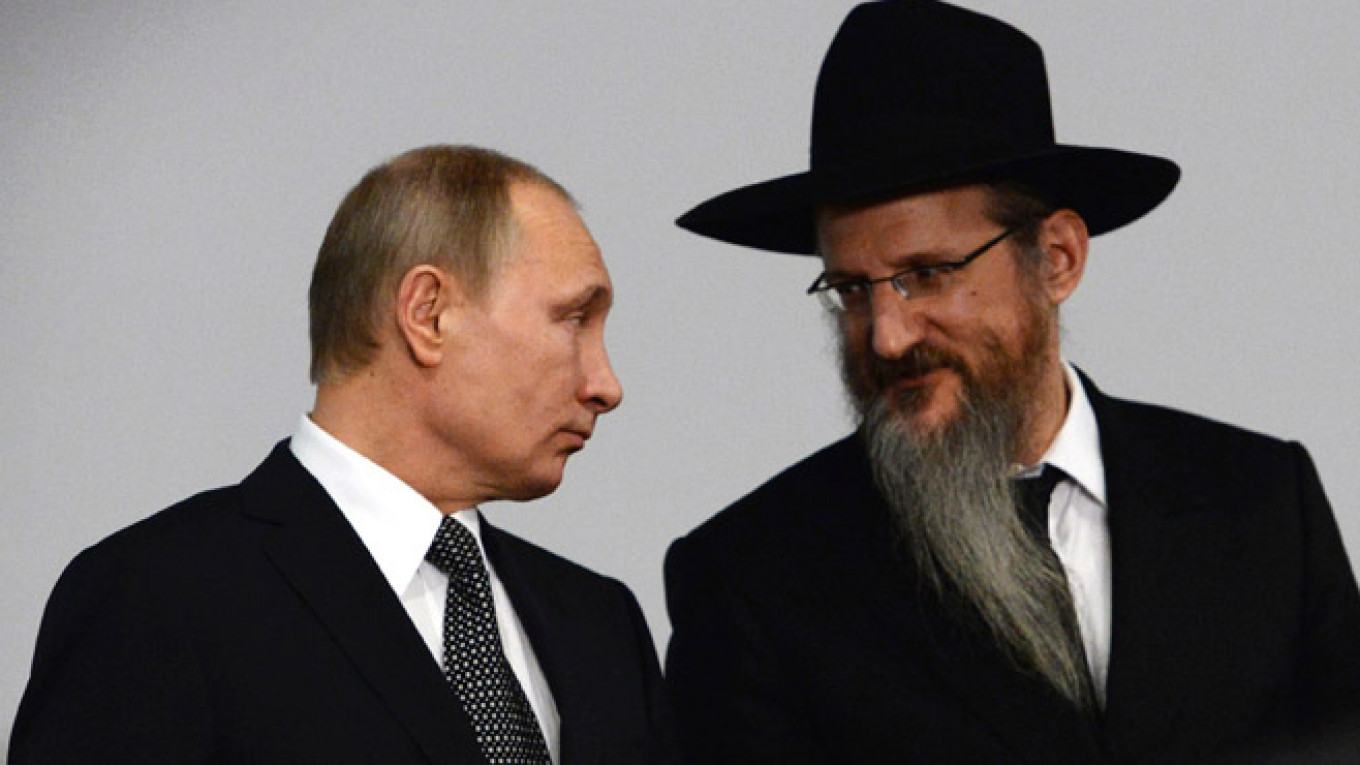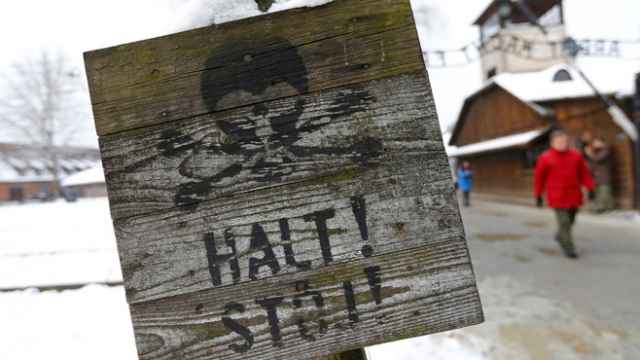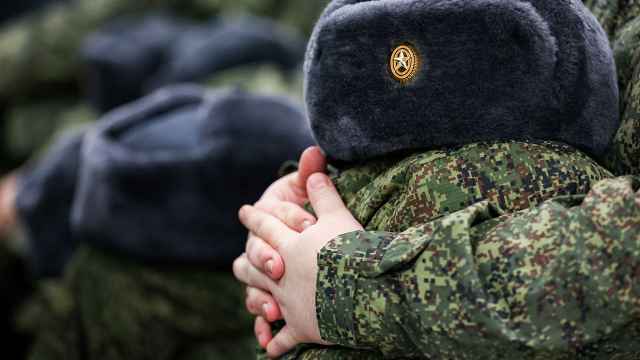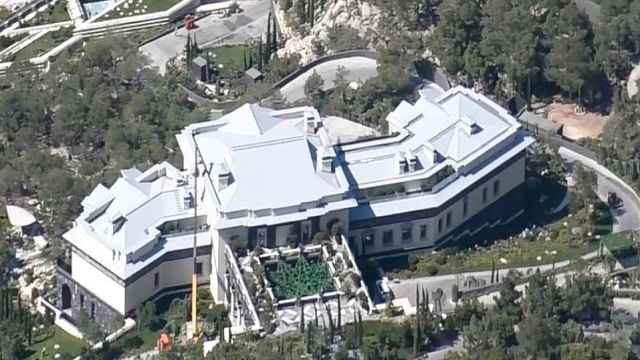As the world reflected on the horrors of the Nazi regime on Tuesday — International Holocaust Remembrance Day — Russia seized the opportunity to emphasize the Red Army's role in liberating the death camps.
Following a recent high-profile spat over differing interpretations of World War II history, the Defense Ministry released 15 historic documents, which had been hidden away in secret archives for decades.
"The historic events [of World War II] have been used to serve various political interests," the Defense Ministry announced. "Statements were made that cast into doubt the decisive contribution of the Red Army's fighters in liberating prisoners of concentration camps. But there are documents in the archives, living witnesses of these events, that preserve the historic truth."
Top Russian officials reacted swiftly to comments made by Polish Foreign Minister Grzegorz Schetyna, who said during a radio interview last week that "the First Ukrainian Front and the Ukrainians liberated [the concentration camp], as on that January day there were Ukrainian soldiers, so they opened the gates of the camp."
Russia's Foreign Ministry issued a sharply-worded statement in response: "It is really difficult to imagine that a government official of a level as high as Schetyna's could be so ignorant."
According to the freshly released Defense Ministry documents, members of 39 different national and ethnic groups participated in the liberation, including Russians, Ukrainians, Belarussians, Armenians, Ossetians and Georgians.
The documents include reports compiled by the Red Army officers and Soviet journalists, as well as a table that lists all of the nationalities of the soldiers who served in the First Ukrainian Front's 60th Army, which liberated Auschwitz. Among the trove are a number of reports detailing popular gratitude to Soviet leader Josef Stalin for their liberation.
President Vladimir Putin visited Moscow's Jewish Museum and Tolerance Center on Tuesday, where he said in a speech: "Banderites [a negative term for Ukrainian nationalists] and other collaborationists and Hitler's henchmen were themselves involved in the destruction of the Jewish people, in the destruction of Jews in Lvov, Odessa, Kiev and other Ukrainian towns and cities."
"We continue coming across attempts at dividing humankind on ethnic, racial or religious grounds and demonstrations of anti-Semitism, Russophobia and aggressive intolerance of other ethnic groups, cultures and traditions," Putin said.
Putin, accompanied by Russia's Chief Rabbi Berel Lazar and the President of the Federation of Jewish Communities Alexander Boroda, visited an exhibit at the museum dedicated to the liberation of Auschwitz, and lit candles in memory of the victims of the Holocaust.
Contact the author at [email protected]
A Message from The Moscow Times:
Dear readers,
We are facing unprecedented challenges. Russia's Prosecutor General's Office has designated The Moscow Times as an "undesirable" organization, criminalizing our work and putting our staff at risk of prosecution. This follows our earlier unjust labeling as a "foreign agent."
These actions are direct attempts to silence independent journalism in Russia. The authorities claim our work "discredits the decisions of the Russian leadership." We see things differently: we strive to provide accurate, unbiased reporting on Russia.
We, the journalists of The Moscow Times, refuse to be silenced. But to continue our work, we need your help.
Your support, no matter how small, makes a world of difference. If you can, please support us monthly starting from just $2. It's quick to set up, and every contribution makes a significant impact.
By supporting The Moscow Times, you're defending open, independent journalism in the face of repression. Thank you for standing with us.
Remind me later.






